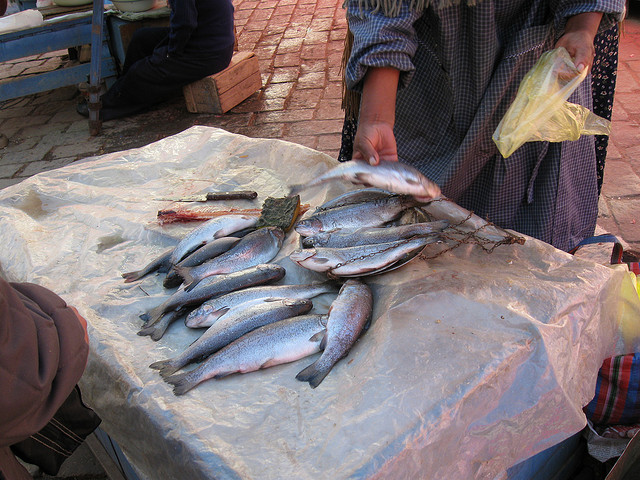Viral diseases are a major threat to aquaculture and hence the effort to deepen the understanding of the immune system of fish and the development of more effective vaccines.
In this sense, the group of “Fish Virus” of Luis García-Pérez Estañ, from the Institute of Molecular and Cell Biology, in the University Miguel Hernández of Elche (Alicante, East of Spain), is studying how cells respond to viral infection, according to the program of RNE “Between Cylinders”.
Specifically, they research situations in which the cells, instead of being destroyed by the virus, are able to survive resulting in what is known as “persistent infection”.
It is very interesting that these cells, carrying the virus, are resistant to reinfection by a second virus different than the first one.
The curious thing about these cell cultures, which we call carriers, is that only a few cells seem to be really infected, but that is enough in order that the whole culture is becoming resistant.
Thus, there is evidence that the carrier culture provides to medium an antiviral factor, with the properties of interferon, which affords protection to other cells of the same type against the viral infection.
It is currently being studied whether this phenomenon is generalizable to different fish species and how broad --ie how many different virus-- is that resistance to superinfection.

Trouts, by Alhen, at flickr.com
As for applications, they are still preliminary studies, but whose final objective is the improvement of vaccines, trying to bring them the nonspecific component protection, broad spectrum, as well as resistance, to a specific pathogen, itself of such vaccines.
Well, I hope that they follow researching, in order to eliminate another diseases.
Till soon, kind regards,
Luis.
Sponsored by Costaluz Lawyers.
Please click down here:
